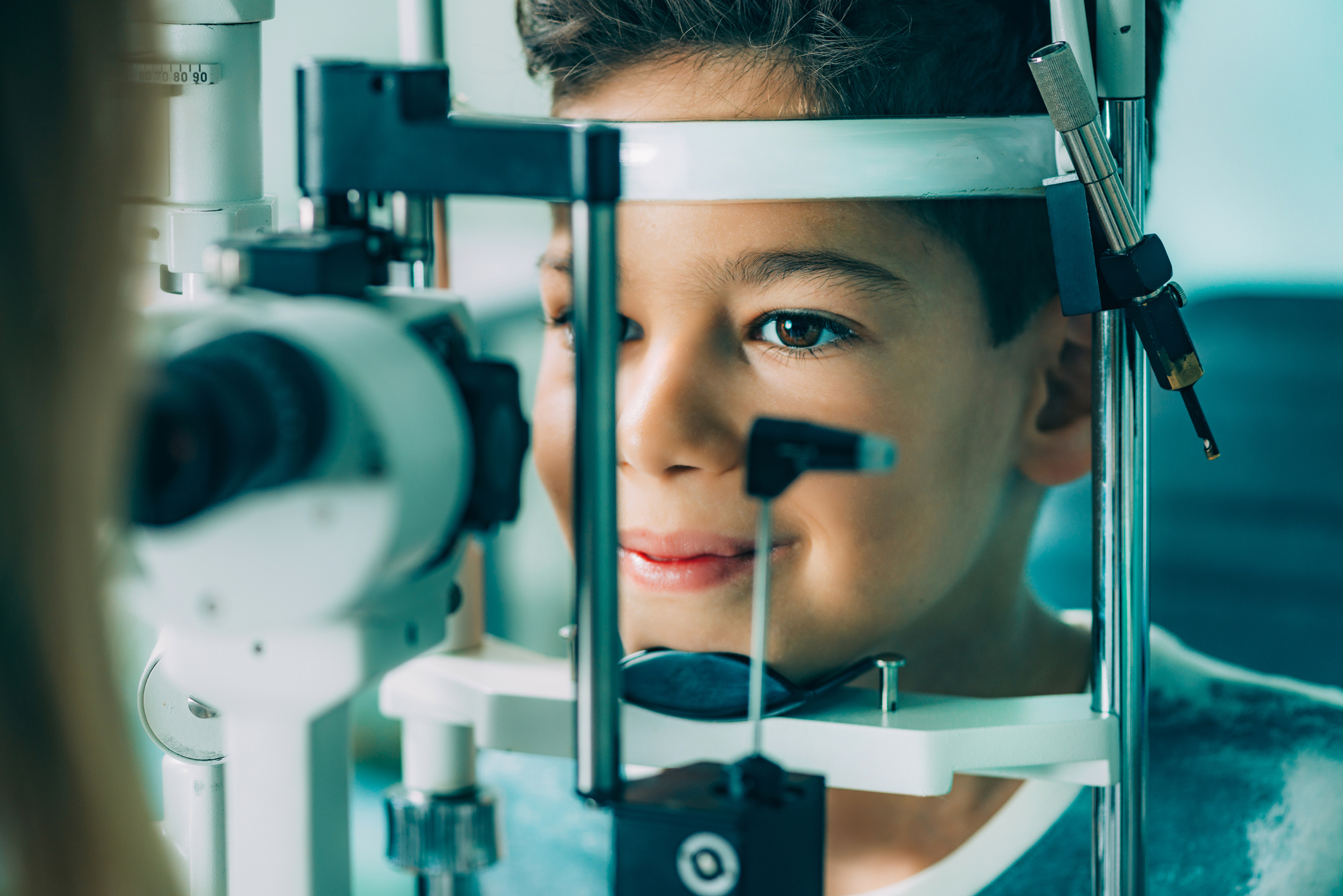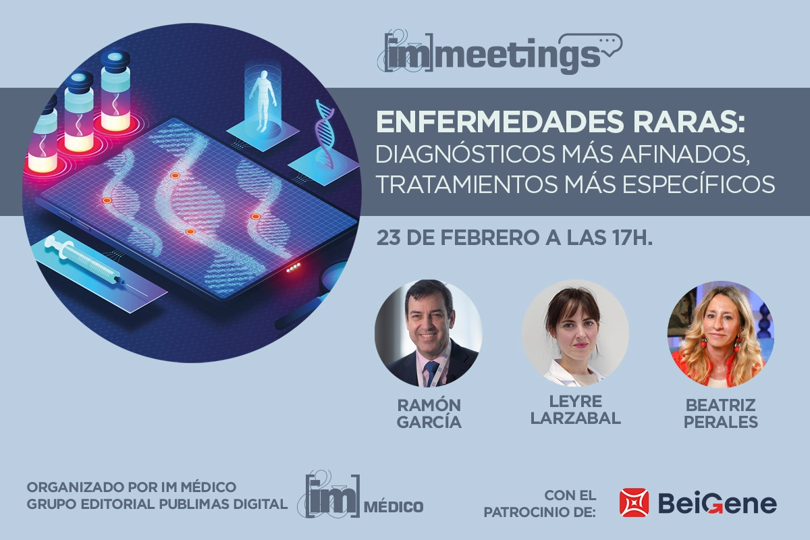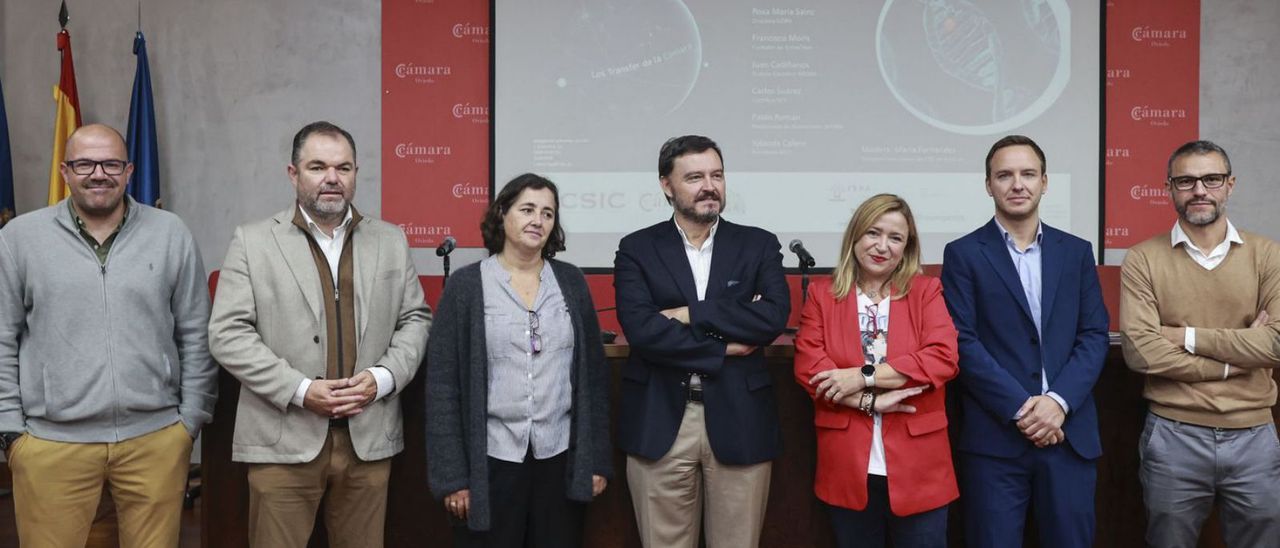Role of genetic studies in improving our understanding of dementias
Dementia is a general term that describes a wide range of symptoms associated with cognitive impairment that reduce the patient's ability to perform daily activities. Alzheimer's disease is the most common type of dementia, accounting for 60-80% of cases. There is currently no scientific evidence to support the ... Read more









